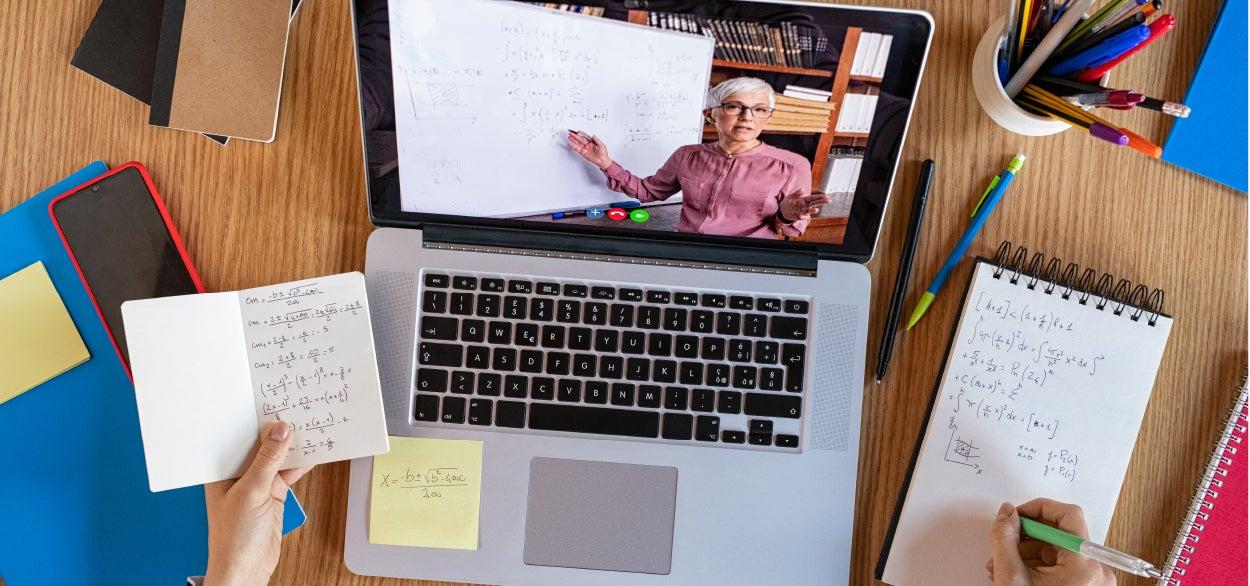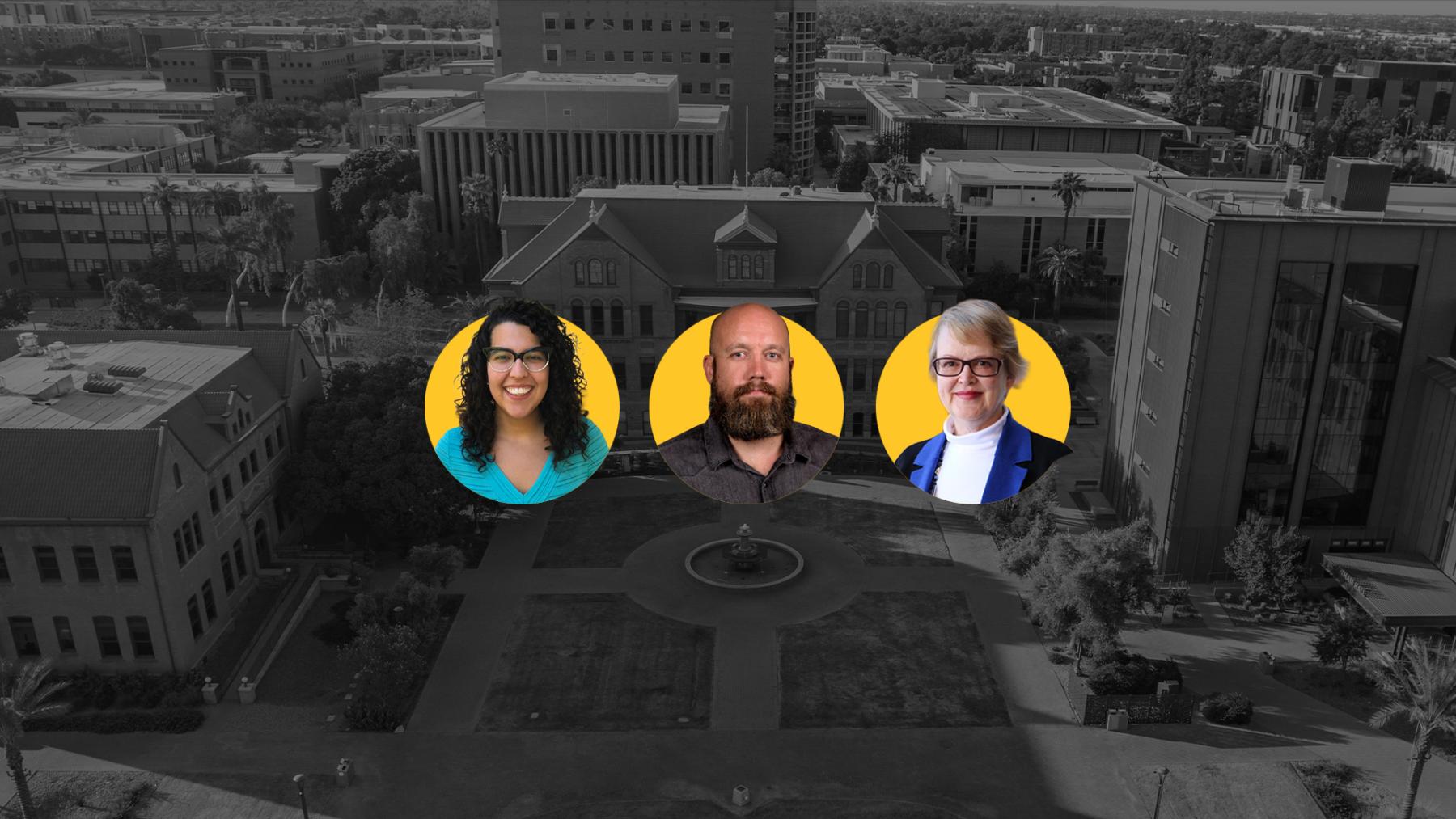
Grad Life at ASU: How COVID-19 has changed the classes and social lives of graduate students
In a matter of weeks, COVID-19 has upended our society, effectively shutting down the economy as governments and healthcare workers battle the unforeseen pandemic flooding the nation. In particular, students have faced unexpected and drastic changes to their lives; at ASU, classes have been moved online for the rest of the semester, events and graduation ceremonies have been canceled, postponed or moved virtually and students have had to move home. We asked graduate students to tell us: what have you done to keep yourself engaged academically and socially?
Q: What have you done to keep yourself engaged with classes?
Sarah S, Ph.D. Education Policy & Evaluation, Mary Lou Fulton Teachers College: At this point in my Ph.D. program, I am done with standardized coursework. As far as my individual research goes, right now I am working on my dissertation proposal. This whole COVID-19 thing has a lot of mental baggage: anxiety about whether or not I will need to change or significantly adapt my research design, anxiety about how I am able to get to research (for example- the interlibrary loan systems are not functional right now). I have shared a few of my experiences with my mentors and research supervisors, but it is hard because on one hand while my work looks very different now and these changes have a big impact on my progress as a doctoral student, I also feel at times classwork and research are such trivial issues compared to the battles that our public health workers and fellow humans—in our city, state, country, and the world—are fighting right now.
Peter C, Ph.D. Geography (Geographical Sciences and Urban Planning): Currently, as I wrap up my dissertation, I'm not in classes anymore. However, I work to keep on my calendar at least one meeting and one task to get something done each day.
Q: What have you done to keep yourself engaged socially?
Jonathan B, Ph.D. Electrical Engineering: I’m spending more time calling old friends to catch up, participating in some virtual hangouts like video happy hours, and texting friends and family a bit more than normal. I have a roommate so we’ve definitely spent more time hanging out. After working all day in the living room on our respective tasks, we’ll regularly watch movies, documentaries, or TED Talks and discuss them.
Sarah S, Ph.D. Education Policy & Evaluation, Mary Lou Fulton Teachers College: Every day a group of Ph.D. students in my department has a standing Zoom date at 9 am, 12 pm, and 3 pm - where we try to all set realistic SMART goals, typically 3 small goals for am and 3 more for pm. This practice in particular has really helped drive my work progress. The goals are not always work-related, as we each set individual goals: cook a meal, go on a walk, go to the grocery store, or even do a meditation or take the afternoon off to spend time with family. Aside from school, I use Zoom to connect with my friends. My political science cohort from the University of Texas at San Antonio had an online reunion. It was great to see everyone and to hear how many have since married, had kids, changed jobs, adopted new pets, and moved out of state (or even to other countries).
Peter C, Ph.D. Geography (Geographical Sciences and Urban Planning): Given my roles with my research lab, discipline-related academic societies, and student government, I have several meetings a week on Zoom, so that provides a small outlet. Additionally, I make sure to contact different people over the phone or Zoom on different days of the week.
More stories from the Graduate Insider

Finding your flow: Managing the graduate writing process
Graduate writing can feel like a marathon—long, demanding, and full of unexpected detours. But as Tristan Rebe, Program Manager for the Graduate Writing Center, reminded students in the Grad15: Managing the Writing Process webinar, writing is not about perfection—it’s about progress. “The best dissertation is a done dissertation,” Rebe said, quoting Robert Frost: the best way out is through.

Promoting resilience and well-being in Ghana — and across the globe

From practice to presentation: How to deliver a winning faculty job talk
Giving a job talk can feel like the most high-stakes presentation of your academic job search. It’s not just a research seminar—it’s your opportunity to demonstrate vision, communication skills, and fit within a department. In a recent Lunch and Learn, faculty members Associate Professor in School of International Letters and Cultures, Anita Huizar-Hernandez, Professor in School of Life Sciences Jeffrey Jensen, and Professor in Department of Physics Patricia Rankin shared concrete strategies to help graduate students and postdocs succeed as future faculty candidates.